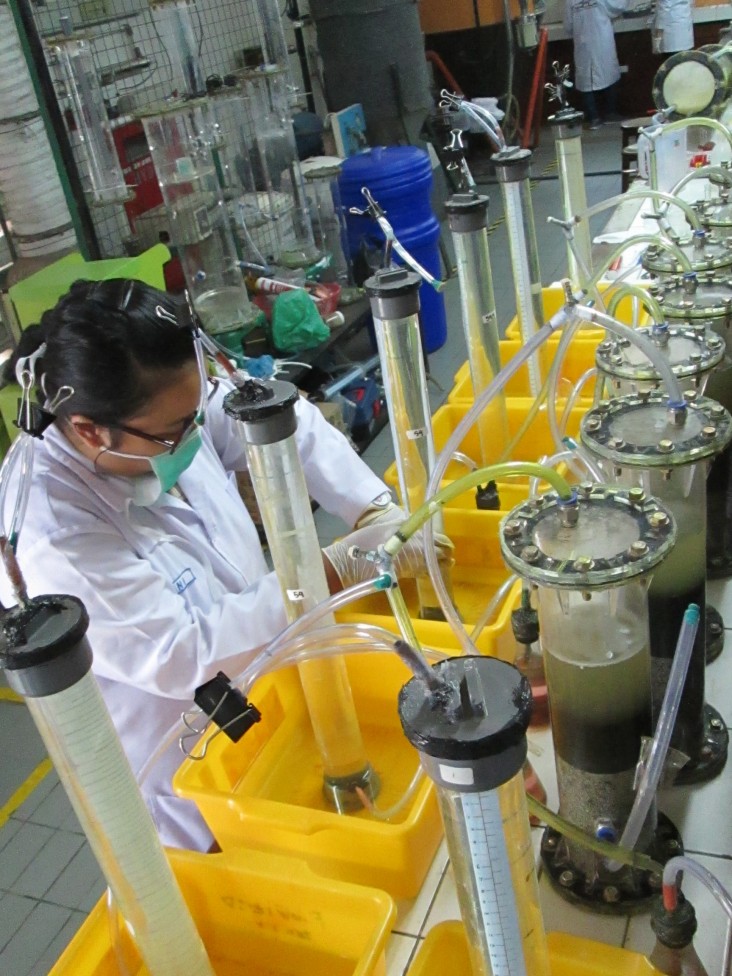- What We Do
- Agriculture and Food Security
- Democracy, Human Rights and Governance
- Economic Growth and Trade
- Education
- Ending Extreme Poverty
- Environment and Global Climate Change
- Gender Equality and Women's Empowerment
- Global Health
- Water and Sanitation
- Working in Crises and Conflict
- U.S. Global Development Lab

The Lab aims to increase the use of scientific research, tools, and analysis to improve development outcomes. From mapping critically endangered species in the Lower Mekong River region of Southeast Asia, to working with local university partners in Sub-Saharan Africa to equip vulnerable communities to respond to complex crises and build a platform for collaborative learning. Our programs are also breaking down cultural stereotypes to support and encourage more women to pursue careers in science.
We are partnering with academic communities, other Federal agencies, and the private sector to build local scientific capacity through three broad programs:
Higher Education Solutions Network (HESN)
HESN is a partnership between USAID and seven top universities to harness the ingenuity and passion of university students, researchers, and faculty to deliver solutions to global development challenges. Through HESN, USAID has created eight Development Labs that incubate, catalyze and scale new science and tech-based solutions.
Partnerships for Enhanced Engagement in Research (PEER)
PEER is a grants program that funds scientists and engineers in developing countries in partnership with U.S. government-funded researchers to address global development challenges. PEER catalyzes collaborative research and establishes enduring relationships that build scientific capacity and strengthen the research ecosystem in developing countries.
Research and Innovation Fellowships (RI Fellowships)
RI Fellowships connects U.S. graduate student researchers from six universities to host organizations globally that have articulated a need for scientific, research, or technical expertise to address pressing development challenges. Students provide critical research and technical expertise to development projects and initiatives driven by the goals and priorities of nongovernmental and governmental host organizations in developing countries.
Additional Research Partnerships
-
Pakistan-U.S. Science and Technology Cooperation Program
A joint program between USAID and the government of Pakistan, the Pakistan-U.S. Science and Technology Cooperation Program has supported approximately 70 research projects that reflect Pakistani development goals and USAID priorities. -
U.S.-Egypt Joint Fund
The U.S.-Egypt Joint Fund fosters development, strengthens scientific and technological capabilities, and promotes cooperation for peaceful purposes. -
Seeding Labs
USAID provides funding for Seeding Labs, a non-profit organization that provides donated lab equipment to universities in developing countries around the world. Seeding Labs helps create and support a culture of sustainable scientific research and productivity.







Comment
Make a general inquiry or suggest an improvement.